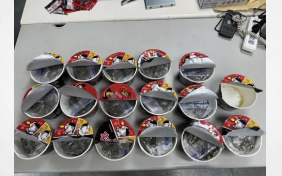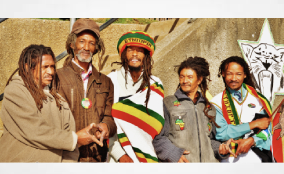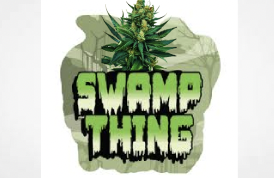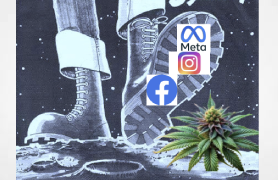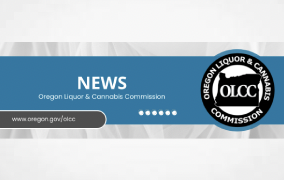In February 2020, Harriet de Wit, a professor of psychiatry and behavioural science at the University of Chicago, was running an experiment on whether the drug MDMA increased the pleasantness of social touch in healthy volunteers. The day was proceeding like any other Tuesday when Mike Bremmer, de Wit’s research assistant, appeared at her office door with a concerned look on his face.
The latest participant in the double-blind trial, a man named Brendan, had filled out a standard questionnaire at the end. Strangely, at the very bottom of the form, Brendan had written in bold letters: “This experience has helped me sort out a debilitating personal issue. Google my name. I now know what I need to do.”
Seeing this cryptic message, both Bremmer and de Wit were worried. “We really have to look into this,” de Wit said. They googled Brendan’s name, and up popped a disturbing revelation: until just a couple of months before, Brendan had been the leader of the US Midwest faction of Identity Evropa, a notorious white nationalist group rebranded in 2019 as the American Identity Movement. Two months earlier, activists at Chicago Antifascist Action had exposed Brendan’s identity, and he had lost his job.
De Wit was now very worried. She’d just given a drug to a disgraced white supremacist, she realised, and had apparently inspired him to do who knows what out in the world. “Go ask him what he means by ‘I now know what I need to do,'” she instructed Bremmer. “If it’s a matter of him picking up an automatic rifle or something, we have to intervene.”
This experience has helped me sort out a debilitating personal issue. Google my name. I now know what I need to do – Brendan, MDMA trial participant
A murderous spree turned out to be the opposite of what Brendan had in mind. As he clarified to Bremmer, love is what he had just realised he had to do. “Love is the most important thing,” he told the baffled research assistant. “Nothing matters without love.”
When de Wit recounted this story to me nearly two years after the fact, she still could hardly believe it. “Isn’t that amazing?” she said. “It’s what everyone says about this damn drug, that it makes people feel love. To think that a drug could change somebody’s beliefs and thoughts without any expectations – it’s mind-boggling.”
Over the past few years, I’ve been investigating the scientific research and medical potential of MDMA for a book called “I Feel Love: MDMA and the Quest for Connection in a Fractured World“. I learnt how this once-vilified drug is now remerging as a therapeutic agent – a role it previously played in the 1970s and 1980s, prior to its criminalisation. If this comes to pass, MDMA – and other psychedelics-assisted therapy – could transform the field of mental health through widespread clinical use in the US and beyond, for addressing trauma and possibly other conditions as well, including substance use disorders, depression and eating disorders.
But could MDMA transform people’s beliefs too? MDMA does not seem to be able to magically rid people of prejudice, bigotry, or hate on its own. But some researchers have begun to wonder if it could be an effective tool for pushing people who are already somehow primed to reconsider their ideology toward a new way of seeing things. While MDMA cannot fix societal-level drivers of prejudice and disconnection, on an individual basis it can make a difference. In certain cases, the drug may even be able to help people see through the fog of discrimination and fear that divides so many of us.
Read full article
https://www.bbc.com/future/article/20230614-how-a-dose-of-mdma-transformed-a-white-supremacist


